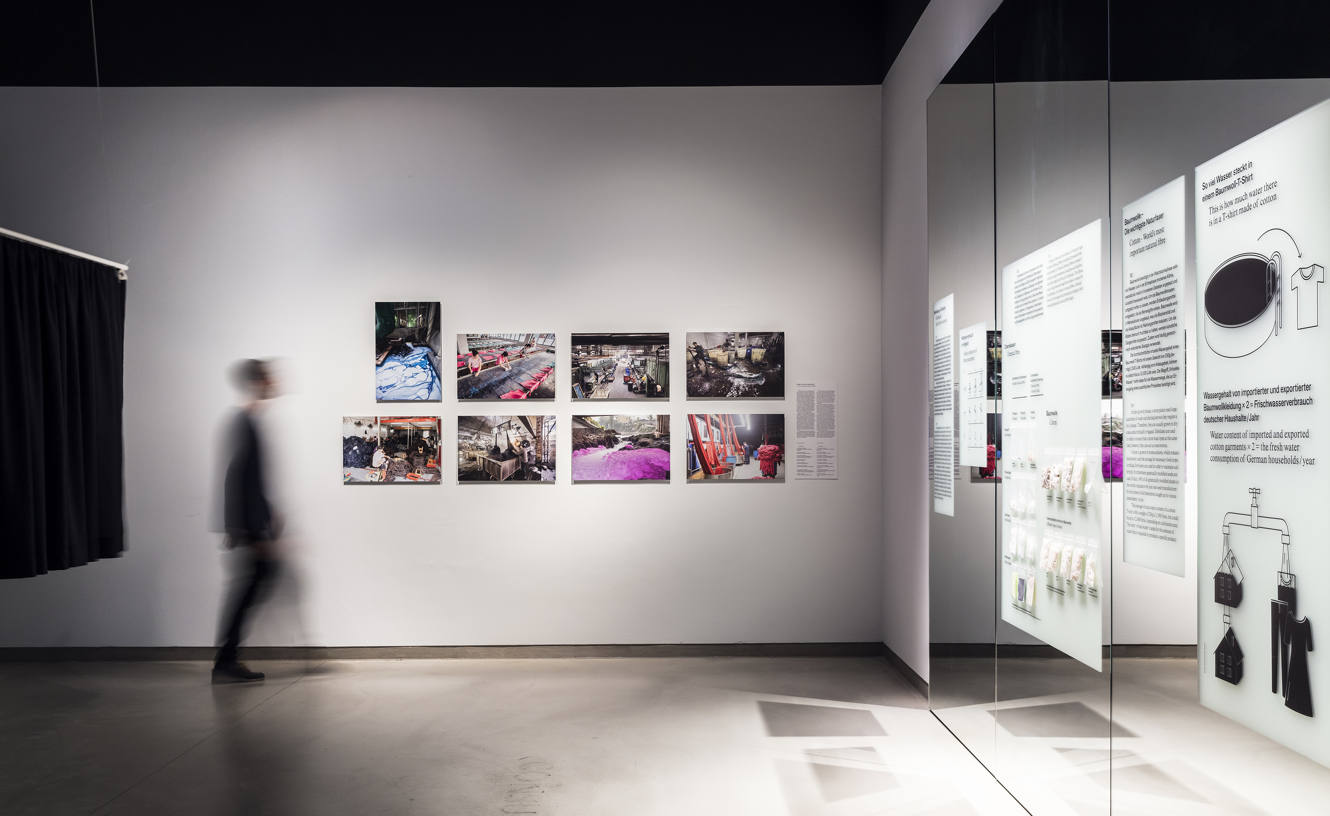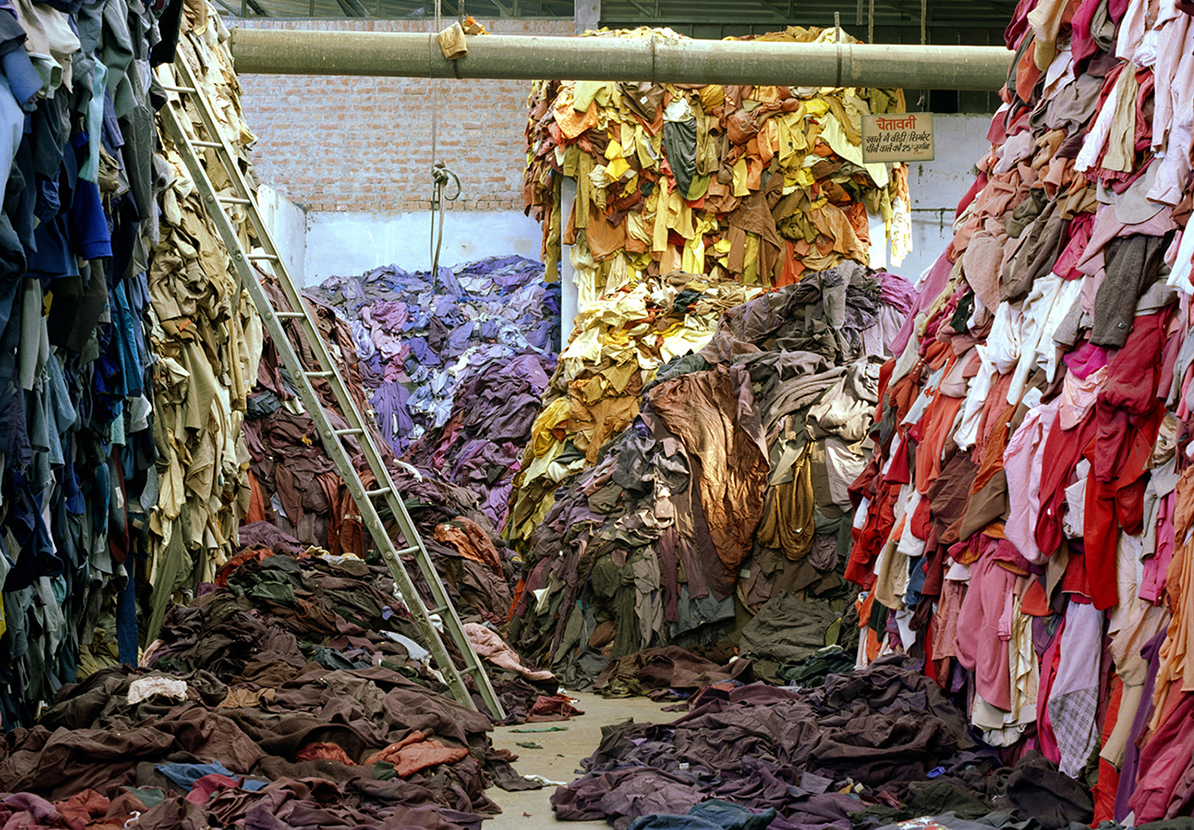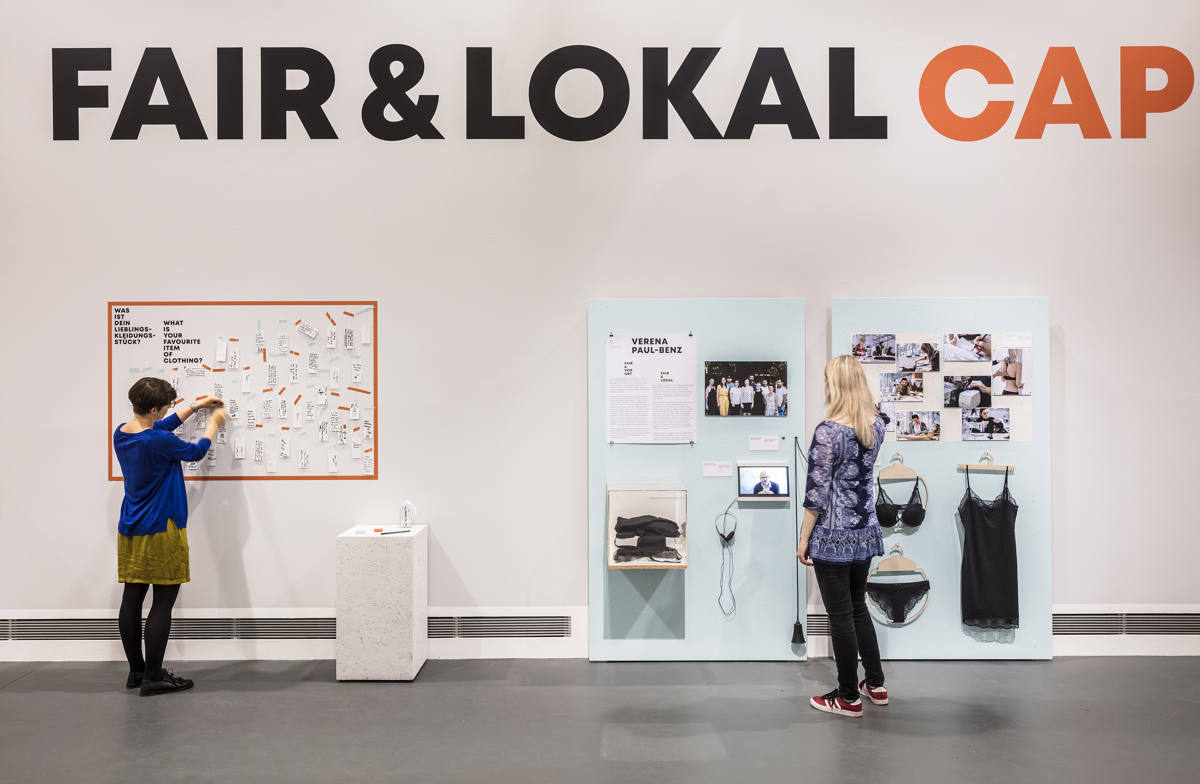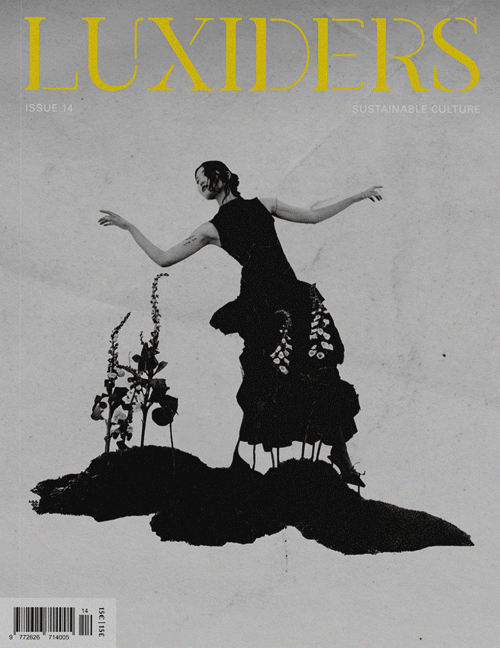
Fast Fashion | The dark side of fashion
The exhibition “Fast Fashion – The Dark Sides of Clothing Industry” takes a critical look at the problems of today’s global clothing industry. It can be visited at the Museum für Europäische Kulturen – Staatliche Museen zu Berlin, from 27. September 2019 – 2. August 2020.
In the age of “Fridays for Future”, it is high time we uncover the dark sides of some of the world’s most damaging industries. With the global demand for fast-paced consumption, large chains are releasing new collections every two weeks. Clothing, like most products today has become a disposable commodity — if it doesn’t end up in a landfill, it will displace the small-scale producers in Africa, who cannot compete with amount or prices of clothing donation. In the 21st Century, shopping has become a common pastime. In Germany the average person buys roughly 60 items of clothing per year, or about one new item every week. Whether there is a justifiable need for this item, is often out of the question. Many of these commodities are not worn enough and sometimes not worn at all before they end up in clothing donation boxes.
In Germany the average person buys roughly 60 items of clothing per year, or about one new item every week.





The exhibition examines what has changed for production workers within this highly industrialized and globalized system and what the results are for our natural environment. It takes over 2700 liters of water to produce a cotton T-Shirt, which has already been dyed with chemicals that end up poisoning ecosystems in rivers and lakes. People living in countries like Bangladesh — where most women make their wages operating sewing machines for global clothing companies — are exposed to persistent environmental pollution and contaminated ground water. With the rise in awareness of the harm of the fast-fashion industry, greater attention is being directed towards fair fashion practices.
The enlightening exhibit is complemented by insights into Berlin’s slow fashion scene, showcasing five fair and sustainable pioneers that have introduced environmentally friendly designs. Rut Meyburg designs timeless leather bags with up-cycled leather from discarded couches. Under her label Lovjoi, Verena Paul-Benz produces clothing and lingerie under fair conditions in the Swabian Alps and northern Portugal. Christiana Wille founded her company Loveco in Berlin, where she sells ecological and vegan fashion. Alf-Tobias Zahn advocates for conscious consumption on his blog “Grossartig” among the growing number of influencers concentrating on gaining traction for the issue through social media channels. Finally, Jenna Stein organizes the recurring Berlin Clothing Swap, where you can exchange your clothes with others freely. The interactive media exhibition, Fast Fashion, also incorporates artist works on the subject, including works from Taslima Akhter, Tim Mitchell, Manu Washaus and Paolo Woods.
A comprehensive program of events and educational activities and creative workshops accompany the exhibition throughout its duration. The exhibition is an initiative by the Museum für Kunst und Gewerbe Hamburg in collaboration with the Museum für Europäische Kulturen – Staatliche Museen zu Berlin.








